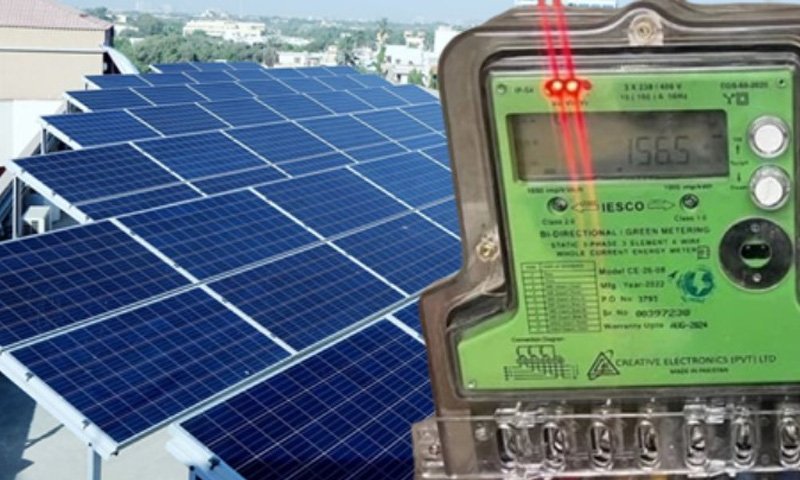The federal government is working on slashing the buyback rate for excess electricity while increasing the grid supply price for solar users.
Sources said that the federal government is revising the buyback tariff from Rs. 27 per unit to Rs. 8-9 per unit for solar users to ensure that all electricity consumers share the costs equitably.
The number of net metering users has surged from 224,000 in October 2024 to 283,000 in March 2025, transferring a Rs. 159 billion burden onto non-solar consumers, disproportionately benefiting a wealthier segment of society.
While the solar policy benefited early adopters, over time it has created an unfair financial burden on nearly 40 million electricity consumers, who are now paying an extra Rs. 1.5 per unit to subsidize solar net metering users.
Even with the adjusted tariffs, solar investments remain viable, with payback periods adjusted from 2 years to a reasonable 4-5 years, ensuring that solar adoption continues without unfair subsidies.
The government fully supports the continuation of the solar net metering policy but aims to adjust the tariff structure to ensure fairness and ease the financial strain on the majority of consumers.
It is pertinent to note that the Pakistan Muslim League-N government, under the leadership of Mian Nawaz Sharif and Power Minister Awais Leghari, introduced the solar net metering policy in 2018 to encourage renewable energy adoption and reduce reliance on fossil fuels.
The initial goal was to allow consumers to sell excess electricity back to the grid, lower their electricity costs, and promote sustainable energy solutions.










